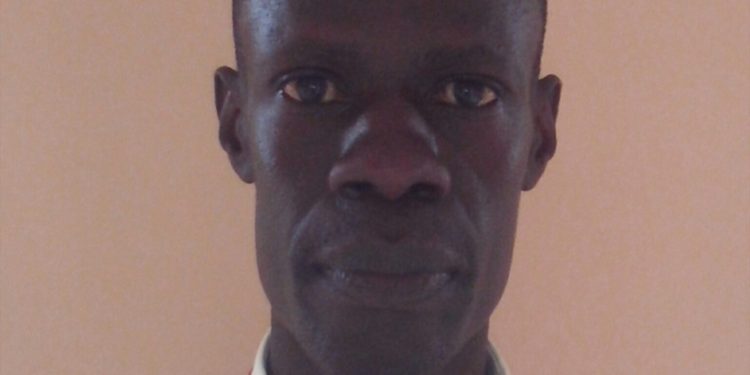Year 2022 has begun with multiple challenges politically, economically and also spiritually. However, when it comes to democracy and the rights of the citizens, it is unfortunate that the majority will soon face their citizenship identification expire.
National IDs have their genesis far back in December 2014 when the need for national law to register persons, births and deaths was launched. Under the oversight of National Security Information System, NIRA (National Identification Registration Authority) was formed as act of the parliament in March 2015 and mandated to register persons (citizens and lawfully admitted aliens), deaths and births.
NIRA captured features of persons like the photo, name, and biometric details including finger prints. These IDs have been associated with service delivery.
Since then, national ids have become so paramount in job application and acquisition, bank account opening, loan acquisition, sell of property, mobile SIM registration among other services.
It is quite unfortunate that the first IDs issued out are soon expiring yet the government has not rolled out a plan to renew them. Comparatively, other nations with same projct have their national IDs expire after at least 15 years. Otherwise, a citizen is given once for life.
The big question is, at expiry of the ID, will the citizen lose citizenship or shall they transact with expired identity? And why could the parliament have passed such law that require quick renewal of IDs in a short time yet the exercise has financial implication? One challenging part is that though the country may recognize the state of the expired IDs, other nations where the ID holders may wish to go shall not recognize them.
If replacement of a lost ID costs 50,000/=, how much will the country need to acquire data and print out mass IDs? Amidst slow process in which the applicants for renewal and even those receiving for the very first time haven’t acquired, is it not a big challenge?
The country should as well consider time factor since the process of identifying officials, training them, procuring the equipment like cameras and other biometric machines, mapping the sites cannot be done overnight, it is a process!
It is not by guarantee that the procured equipment will effectively function. Over a time, we have procured biometric machines but have not functioned as expected. So the earlier, the better.
Furthermore, machines wear and tear as humans who operate them get exhausted and eventually commit errors. All this should be envisioned on the timeline while planning for the renewal of the National Identification Cards.
For purpose of being cost effective, Uganda should consider issuing out ids once and for good and expiry should be at the demise of the holder. Like workers on government payroll, who get salary computer numbers once in their life as long as they are in that ministry and job, national IDs should be one’s identification for life.
The government should also consider revising the bureaucracy involved in acquiring national ID cards. The process is hectic and time consuming. An area Chairperson and one security agent like DiSO are quite enough to endorse on the applicant’s form.
MUMBE M. JOSEPH
mumbej@yahoo.com
The author is a Theologian and Educator.
Do you have a story in your community or an opinion to share with us: Email us at editorial@watchdoguganda.com













